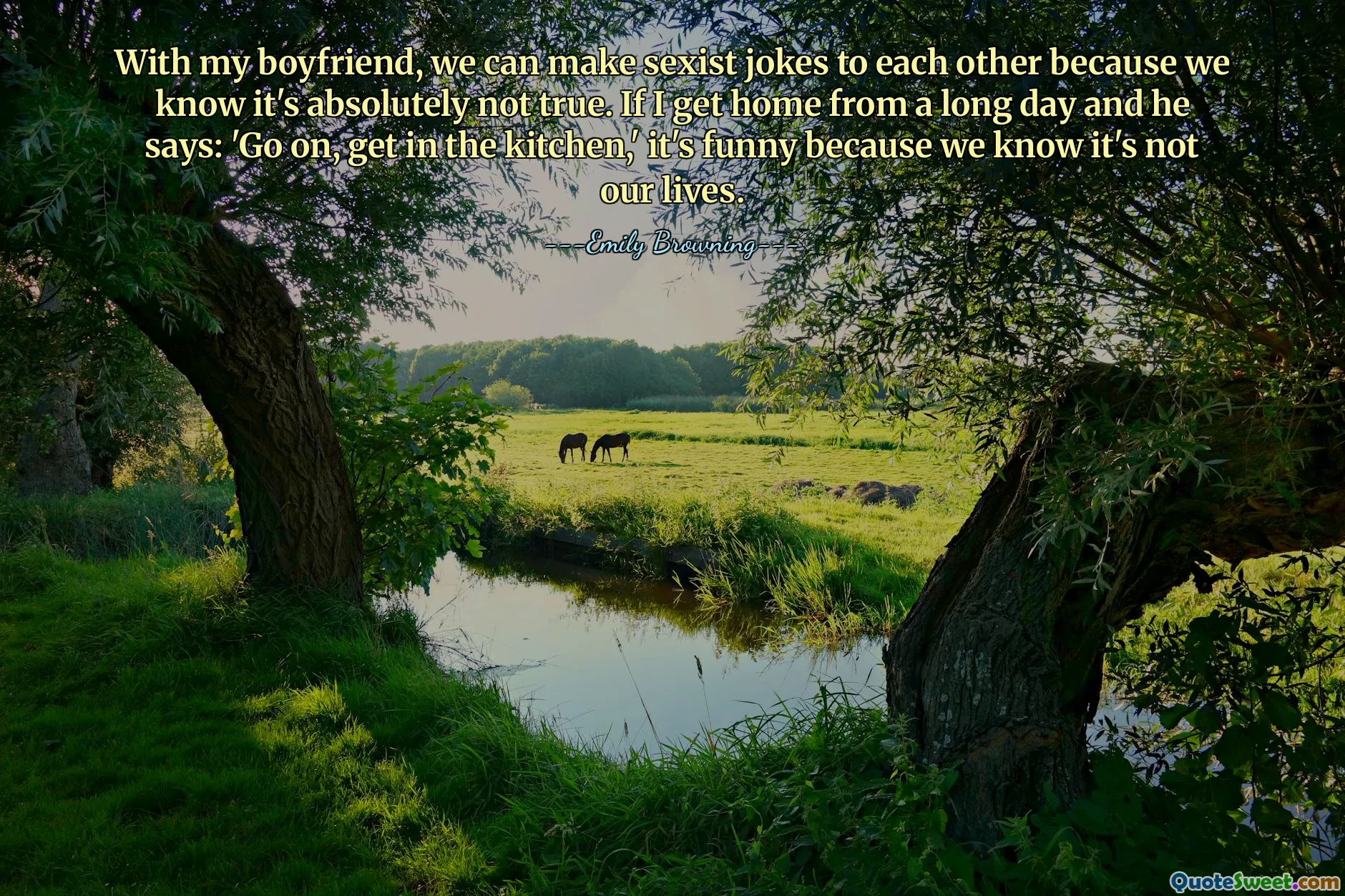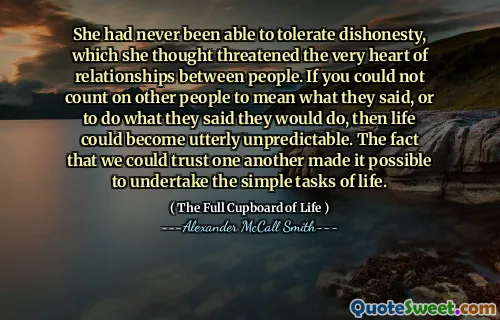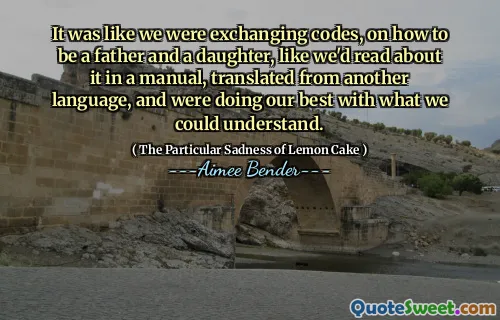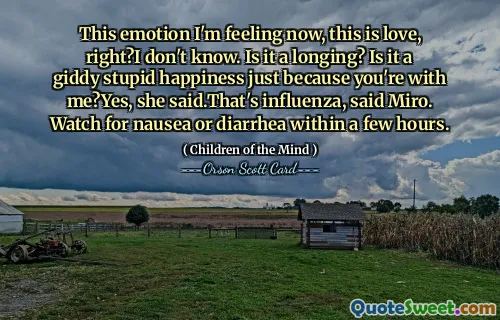
With my boyfriend, we can make sexist jokes to each other because we know it's absolutely not true. If I get home from a long day and he says: 'Go on, get in the kitchen,' it's funny because we know it's not our lives.
The quote offers a nuanced take on the way humor operates within relationships, especially when it touches on potentially sensitive or problematic topics like sexism. It highlights the importance of context and mutual understanding between individuals making jokes that could otherwise be perceived as offensive. What stands out is the emphasis on a shared reality and agreement: these jokes are harmless precisely because both parties recognize their inaccuracy and irrelevance to their lives. In a broader social context, humor can sometimes serve as a coping mechanism or a way to challenge stereotypes, but it requires care to avoid reinforcing harmful narratives unintentionally.
In modern relationships, trust and knowledge of each other's boundaries are crucial when navigating humor that skirts sensitive areas. The quote implicitly points to the necessity of communication and respect, underscoring that humor which might seem controversial or taboo must be grounded in mutual consent and awareness. It also reflects on how jokes about gender roles—like the clichéd "get in the kitchen" phrase—can be reclaimed as playful banter when both partners actively reject the sexism embedded in them.
Ultimately, this quote illustrates that humor is a complex social tool, one that can bond people when wielded thoughtfully. It serves as a reminder that what is considered funny is highly influenced by the relationship's unique dynamics and that context matters profoundly. Careless use of such jokes outside this safe space, however, risks perpetuating stereotypes and damaging social perceptions.











